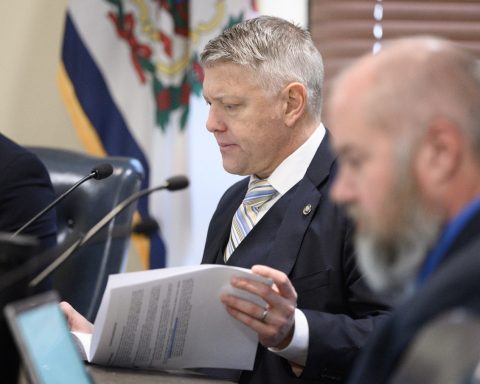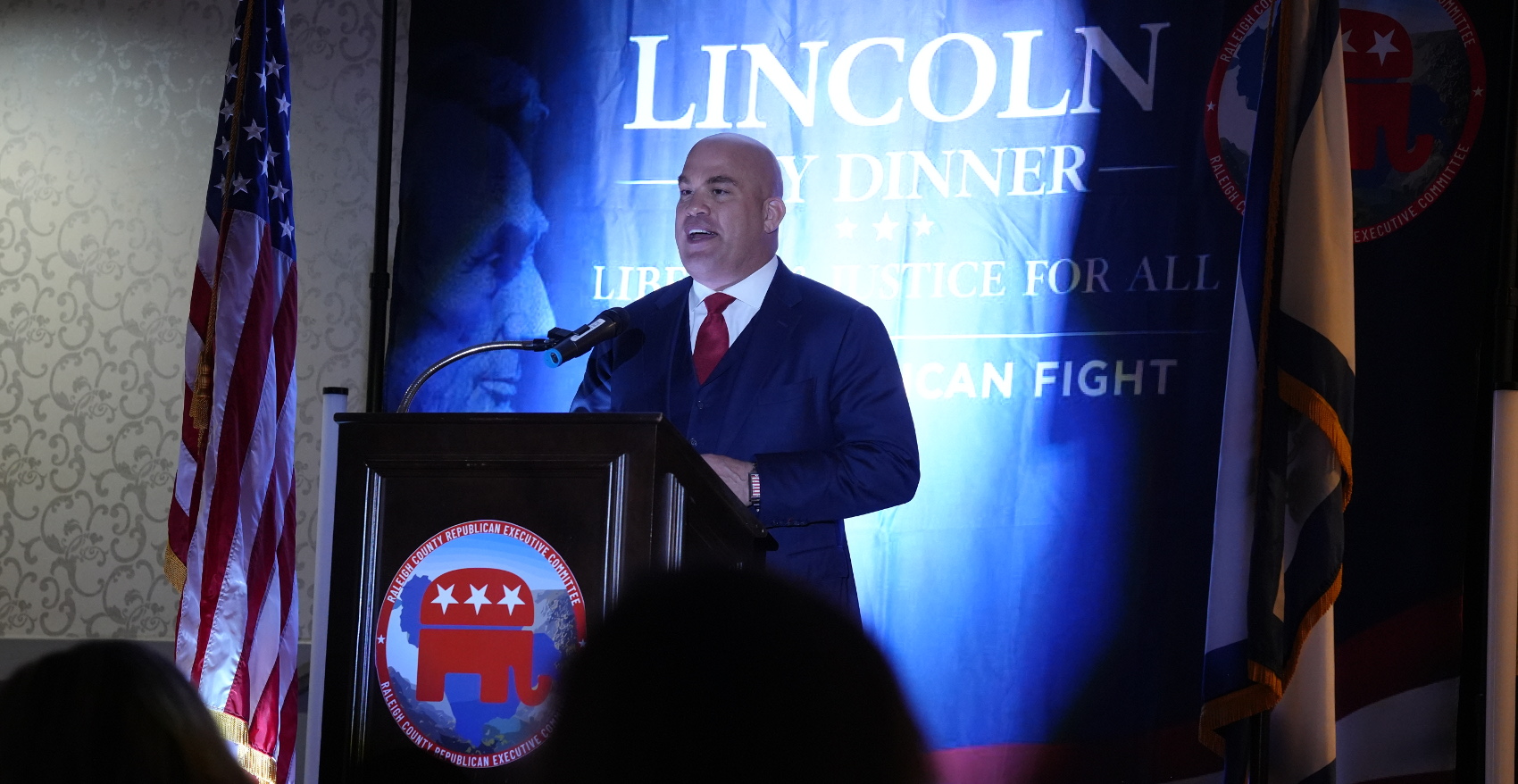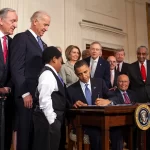One of the major sources of confusion about the Constitution and the role of judges is a falsehood that has gained currency in our culture. It’s the lie, the myth, that the proper role of judges is to “interpret” the Constitution. This is absolutely, flatly, and dangerously wrong.
The correct way to think about the role of judges is found in an essay from Attorney General Jeff Sessions, which appeared in National Review, and is based on a speech he gave to the Federalist Society last Saturday.
In it, he reminds us that there are three branches of our federal government: the legislative, the executive, and the judicial. “Under our Constitution,” Sessions writes, “Congress writes our laws, the executive branch carries out our laws, and the judiciary applies those laws to cases and controversies.” (Emphasis mine.)
It is the role of Congress to enact laws, it is the role of the executive branch to enforce the laws that Congress passes, and it is the role of the judiciary to apply the Constitution and the laws of Congress to the cases that come before them.
The point here is that Sessions quite rightly says nothing about judges “interpreting” anything. Their job, their sacred duty, is to apply the law, not to interpret the law. The difference between these two words and the concepts they represent is huge. In fact, it is so huge it is impossible to overestimate the size of the chasm that separates these two concepts from each other in actual jurisprudence.
This is why the analogy to baseball umpires is so apropos. The job of an umpire is to apply the rules of baseball, not interpret them, or review them, or change them on the fly. For instance, if an umpire did what many judges do, he might call the managers together at home plate before the game, and say, “You know, this rule of four balls for a walk and three strikes for a strikeout is fundamentally unfair. In our modern, enlightened era, we should not have a system that so blatantly discriminates against the batter. The pitcher is allowed four mistakes, but the batter is only allowed three. This is fundamentally un-American and is a matter of grave injustice. Therefore, for tonight’s game, it’s going to be three balls and three strikes. Play ball.”
That man would be out of a job by the middle of the first inning. He would be impeached, convicted, and removed from baseball. Why? Because it’s not his job to monkey with the rules like judges monkey with the Constitution. It’s the job of the Rules Committee to make the rules, not umpires, just as it’s the job of Congress to make the laws, not the judiciary.
The conceit that judges are to interpret the Constitution and the laws, I submit, is responsible for all the judicial mischief we see today. Every last bit of judicial activism, every last attempt of the judiciary to override the plain meaning of the Constitution and legislate from the bench is rooted in this huge, humongous error.
If judges restricted themselves to applying the Constitution rather than interpreting it, none of the outrageous abuses of their authority would have happened. Let’s use the First Amendment as a simple example, since this Amendment has been mangled more than any other. The First Amendment reads, “Congress shall make no law respecting an establishment of religion…” Now the job of a judge is to study that Amendment, understand what it meant when it was written, and apply it as written.
So a judge is first of all to grapple with the word “Congress.” That’s a reference, of course, to our federal law-making body, consisting of a House and a Senate. It therefore is not a reference to anything else, despite what judges who interpret the law try to tell us, by invoking the mythical and entirely imaginary “incorporation doctrine.”
Only Congress can violate the First Amendment, and the only way Congress can do that is by passing an actual law respecting an establishment of religion. This means, for one thing, that a teacher or a principal can’t violate the First Amendment by praying or reading the Bible in front of a class or over the P.A. system for the simple reason that neither of them is Congress.
The word “establishment” had a quite technical and precise meaning at the time the Constitution was crafted. It meant nothing more and nothing less than Congress passing an actual law which made one Christian denomination the official church of the United States and forcing American citizens to support it with their taxes.
So again, if we’re applying the Constitution rather than interpreting it, only Congress can violate the establishment clause and it can only do that by making one Christian denomination our national church. If it doesn’t do that, it can do anything it wants with regard to religious expression. It can have paid chaplains, declare a National Day of Prayer, and any other thing it wishes to do. That’s called religious freedom.
But if we let judges think their role is to interpret the Constitution rather than apply it, we quickly find judges who say, “Well, the way I interpret the word ‘establishment’ is that it refers to any reference to God whatsoever. So if you say nice things about God, or even make a reference to God in any way, say in a graduation speech or a class project, I’m going find you guilty of violating the Establishment Clause, and I’m going to stop you and everybody else in America from ever doing it again.”
The fruit of having judges apply the Scripture instead of interpreting it are many. It will lead us to a rediscovery of religious freedom, a rediscovery of limited government, and a return to a maximum degree of local control.
Right now, we have a government of the judges, by the judges, and for the judges. We need to get judges back to being judges rather than super legislators so we can get government back to being a government of, by, and for the people.











